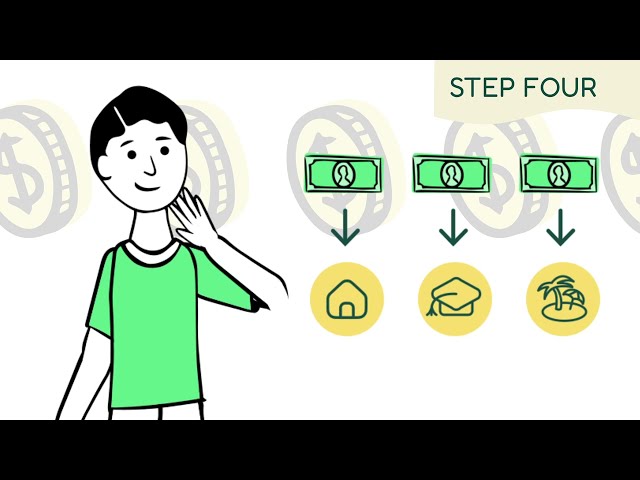Indexed Universal Life Insurance policies (IULs), when properly structured, can be used for “infinite banking.” Infinite banking refers to the practice of borrowing money from yourself, ideally tax-free, while continuing to earn returns on the money you borrowed.

Here’s why IULs are used for “infinite banking”:
Indexed Universal Life policies are built to grow cash value over time. They do this by pegging returns to an index, like the S&P 500. If the index goes up, your cash value can increase up to a capped rate, such as 9%. If the index goes down, your cash value is protected because IULs are largely insulated from market losses. This is because IULs typically have a floor of 0% returns.
You can loan the cash in the policy to yourself. This is the mechanism that enables infinite banking. Here are the most important features of these loans:
- Available funds in your policy can be accessed tax-free so long as your policy is active and there is a cash value. Importantly, this tax-free status applies to the money you’ve put into the policy and any returns that have been generated.
- The funds you borrow can continue generating compounded returns because these are participating loans. Here’s an example: If you have $500,000 in cash value and loan yourself $250,000, you’d now have $250,000 tax-free and you’d continue to be eligible for returns on your original $500,000 amount. This means that if you had a 6% rate of return in a given year, you would be eligible for the full $30,000 worth of gains.
As long as your policy is active, you can choose if you want to pay the money back. While the loan is outstanding, the loan amount will be charged a low interest rate. And, to bring the infinite banking component full circle, your cash value compounded returns would ideally be more than the interest rate on the loan. When you pass away, any outstanding amount will simply be deducted from the benefit that goes to your beneficiary. Here’s an example: If your policy had a $500,000 death benefit, you had generated $1 million in cash value, and you had an outstanding loan of $250,000, your beneficiary would get $1,250,000 when you died. (Important note, this isn’t true for all IUL constructions. Most Amplify customers have their IULs structured this way. If you go with an agent outside of Amplify, we encourage you to ask what happens to your cash value when you die.) If you decided to repay the loan then your beneficiary would get the full $1,500,000 but this again is optional.
You can use the money for anything you want. People often use these funds to buy an investment property, supplement retirement income, pay for their kids' college education, etc… Because you’re loaning the money to yourself, there’s no credit check required and you’re free to use the money as you’d like.
And that’s what makes IULs so attractive to many people. Specifically that they can participate in up markets while being largely insulated from down markets. That they can loan themselves funds tax-free. And that they can take advantage of infinite banking, by remaining eligible for returns on money that they have loaned to themselves.